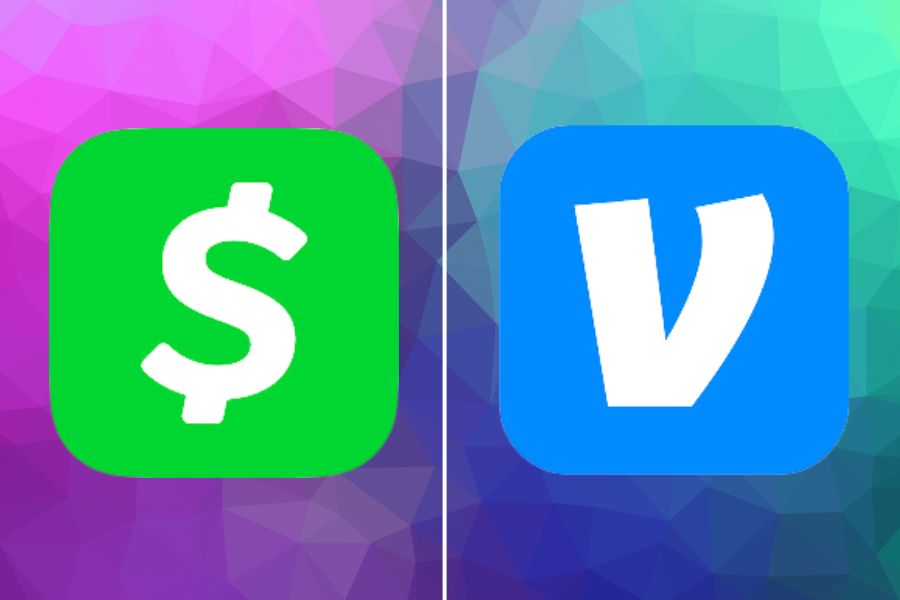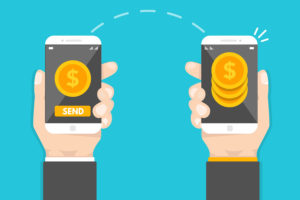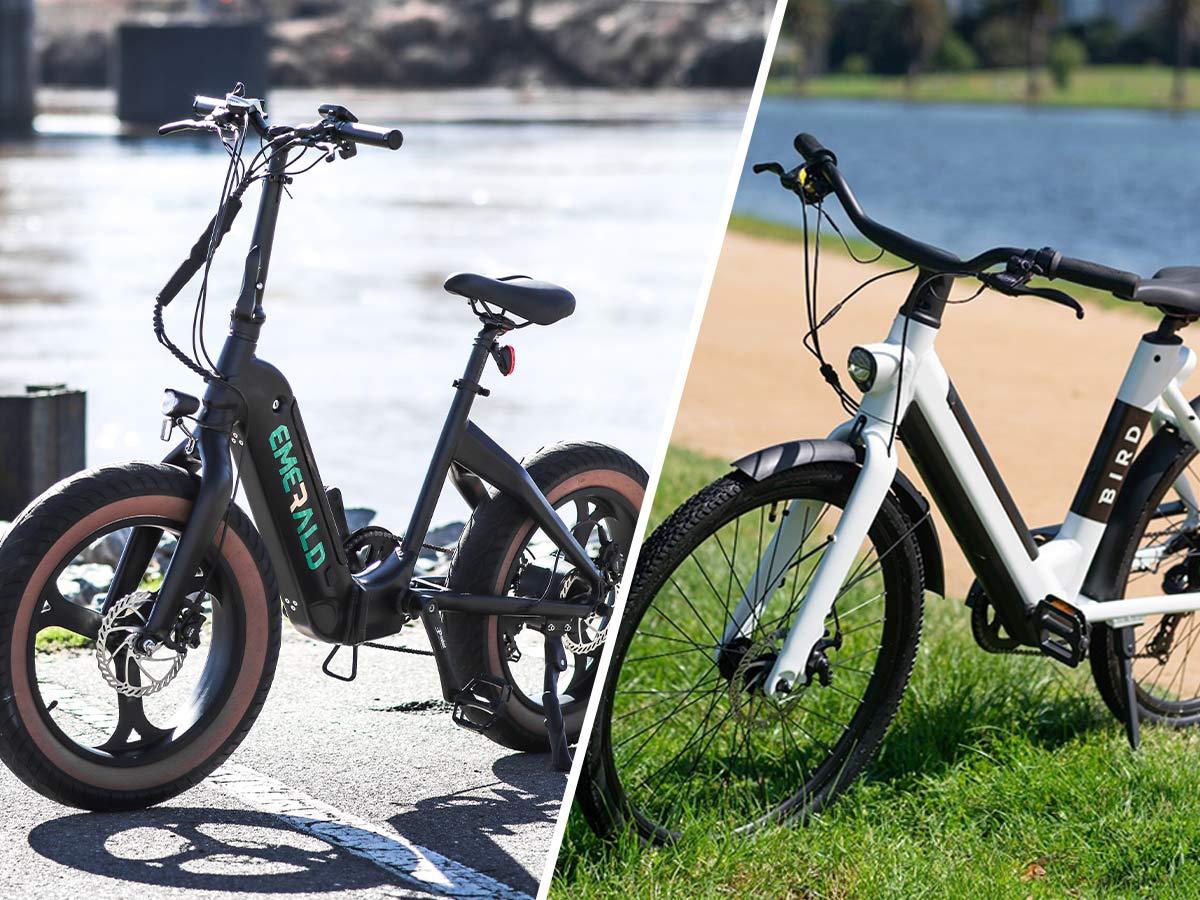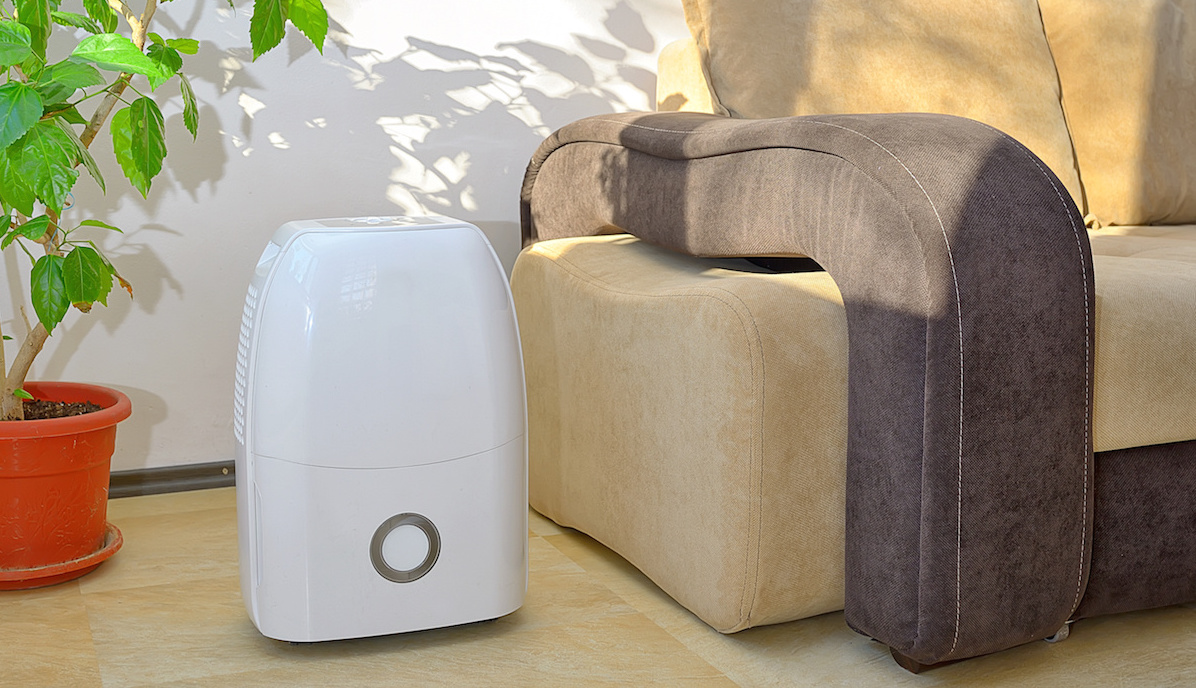Cash App vs. Venmo: The Best Payment App

Both Cash App and Venmo are popular payment apps that allow you to send, receive, and manage your money without worrying about using actual cash. However, it can be difficult to decide which one is best for you to use.
Recently, Cash App came under fire for an issue that caused it to double-charge users when they made a payment using their debit card. The company fixed the glitch, refunded the money, and apologized to its users via social media.
That said, both Cash App and Venmo have their pros and cons. Let’s look at some of them.
What Is Cash App?
Owned by Block, Inc., Cash App is a payment service, website, and app that allows you to send, receive, and store money. You can also get a debit card and use it to make payments online and in person as well as to withdraw money from an ATM. Cash App allows you to send money back and forth to friends and family as well.
Adult users of the app who reside in the United States can also use it to buy and sell bitcoin and invest in and trade stocks, including the ability to buy fractional shares for as low as one dollar. Cash App also allows you to sign up for a business account. As of 2023, Cash App has more than 51 million users.
What Is Venmo?
Venmo is a similar payment service, website, and app that is owned by PayPal. While it’s used similarly to Cash App, it tends to have a reputation of being more of a social service, allowing people to transfer money to and from friends and family.
For example, if you’re out to eat in a restaurant with a group of friends, and one of you pays the bill, the rest of you can use Venmo to send your portion of the bill to that friend as a repayment. That said, you can also sign up for a Venmo business account. Venmo also offers a debit card that you can use anywhere Mastercard is accepted, and it allows you to invest in cryptocurrency. As of 2023, Venmo has more than 78 million users.
Fees
Both apps are 100% free to download and use, although if you want to make transactions, you may be subject to various fees. If you have a balance in your Cash App or Venmo accounts, you can send that money to your bank account. Both apps charge a 1.5% fee for this, and you must have a minimum of $0.25 in your account. Venmo will also allow you to send up to $15 instantly. Both also charge you a 3% fee if you use a credit card to send money to someone.
Both Venmo and Cash App offer business accounts, and you will encounter fees for payments. For Cash App, the payment fee is 2.75%. For Venmo, it’s a 1.9% fee plus 10 cents or a 0.29% fee plus 10 cents for contactless payments. Both provide a 1099-K annually.
Limits
Both apps also have limits on how much money you can send and receive. For Cash App, you can send and receive up to $1,000 each month. However, if you verify your identity, you can raise that limit. Your Cash App debit card also has some limits. For example, you can only spend $7,000 maximum per day and up to $10,000 per week. When withdrawing money from an ATM, you’re limited to $1,000 per transaction, $1,000 per day, and $1,000 per week.
Venmo also has limits on how much you can spend. Until you verify your identity, you’re limited to $299.99 per week. However, after you verify your identity, you can spend up to $60,000 per week. If you have a Venmo debit card, you’re limited to $7,000 worth of purchases per week.
Availability
Cash App is available in the U.S. and the United Kingdom, although some features are only available to U.S. users. Venmo is only available to users in the U.S.
Both payment services have websites that you can access via any device. They also have apps for both iOS and Android devices.
What Else You Should Know About Cash App
Cash App accepts the following payment methods: bank account, credit card, debit card, Google Pay, and Apple Pay. Stand deposits can take up to three business days, although an instant option is sometimes available for an additional fee. Cash App is said to offer more privacy, and it operates more like a banking account with more features to meet your financial needs.
Federal Deposit Insurance Corp. (FDIC) insurance is only available for Cash App debit card users. Users also like that Cash App allows you to invest in stocks. Cash App allows you to handle personal tax filing and refunds.
What Else You Should Know About Venmo
Venmo is often considered easier to use in general, but it doesn’t have as many benefits as Cash App. For example, it only accepts credit cards, debit cards, and bank accounts. Free withdrawals can take up to five business days, although it also offers an instant option for a fee.
Venmo offers more cryptocurrency investing options compared to Cash App, but there are no stock options. It’s less like a banking app and more like a social app. Many virtual merchants accept Venmo as an online payment option. Venmo can’t be used for personal tax reporting.
| Cash App | Venmo | |
| Fees | Free to use; 1.5% fee to cash out your balance | Free to use; 1.5% fee to cash out your balance |
| Limits | Send and receive up to $1,000 per month or verify your identity to raise the limit | Send and receive up to $299.99 per week or verify your identity to raise the limit to $60,000 per week |
| Availability | U.S. and U.K. | U.S. only |
| Compatibility | Web, Android, and iOS | Web, Android, and iOS |
| Investments | Bitcoin and stocks | Bitcoin, ethereum, litecoin, and bitcoin cash |
| Debit Card | Yes (Visa) | Yes (Mastercard) |
| Line of Credit | Some users can apply for a loan | Some users can apply for a credit card |






